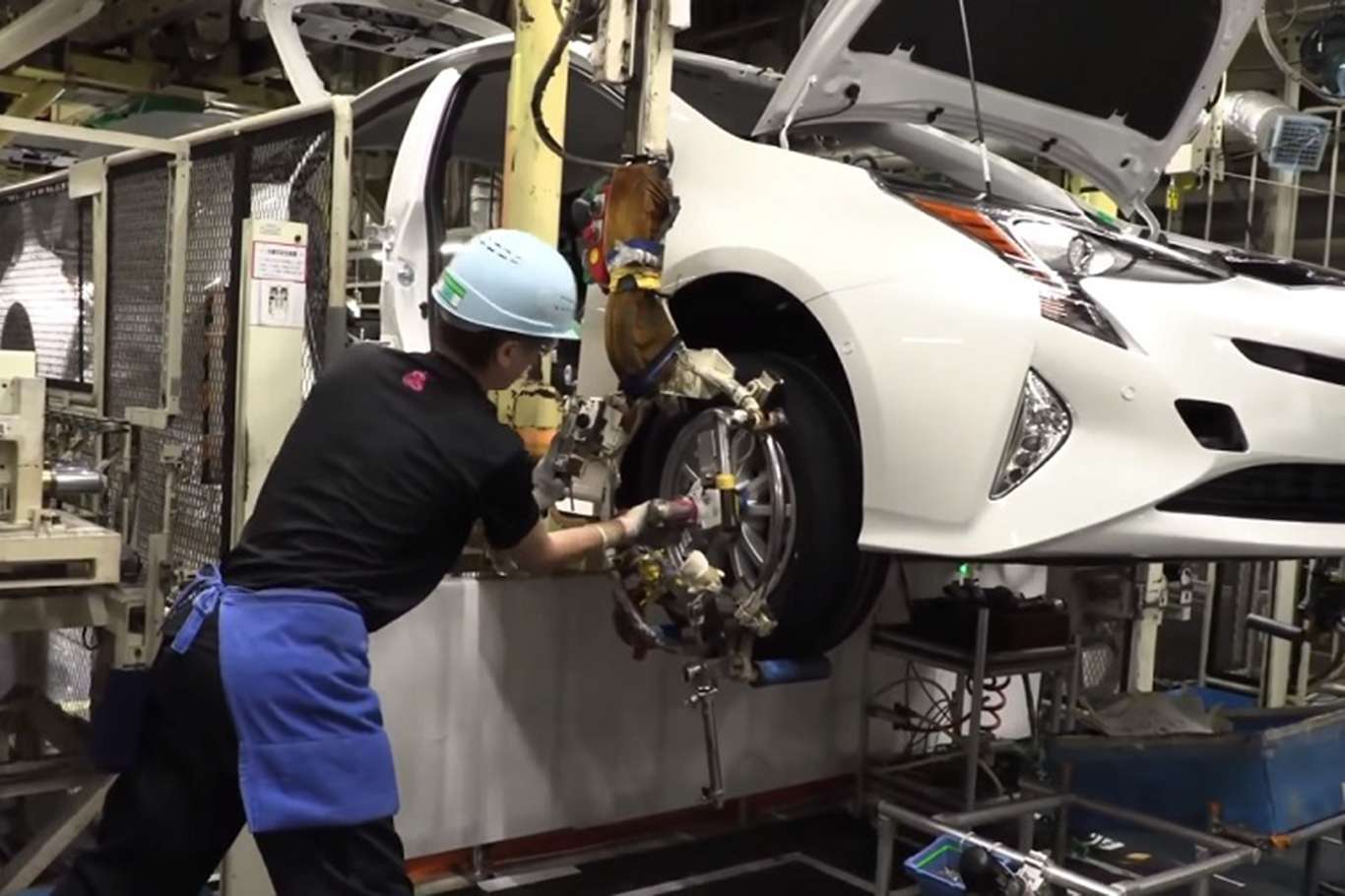Toyota to suspend production at all plants in Japan due to parts shortage


The Japanese automaker announced that 27 out of 28 lines in all of its 14 plants in Japan would face suspensions.
“Due to the parts shortage resulting from the spread of COVID-19 in Southeast Asia and other factors, we have announced on Sept. 10 our revised production plan for October. We would like to announce today that there will be suspensions to domestic plant production for completed vehicles in Japan,” the company said.
“We sincerely apologize for the inconvenience caused to our customers and suppliers due to these changes,” the company added.
Global chip shortage has affected more than 169 industries, leading to major shortages and queues amongst consumers for video cards, video game consoles, cars, and other electrical devices.
The cause of the global chip crisis is a combination of different events with the COVID-19 pandemic being the primary reason. Other causes have been attributed to the China-United States trade war and Taiwan drought. (ILKHA)
LEGAL WARNING: All rights of the published news, photos and videos are reserved by İlke Haber Ajansı Basın Yayın San. Trade A.Ş. Under no circumstances can all or part of the news, photos and videos be used without a written contract or subscription.
Türkiye's consumer price inflation maintained a high level in October, with prices rising 32.87% on an annual basis, according to official data released on Monday.
On Monday, Brent crude oil traded at $65.21 per barrel in international markets, reflecting a modest increase following the weekend’s close.
Türkiye is accelerating efforts to modernize its irrigation infrastructure and enhance water efficiency in agriculture, with major upgrades and expansion projects set to continue through 2026, according to the General Directorate of State Hydraulic Works (DSİ).
Eight members of the OPEC+ alliance announced on Sunday that they will increase their collective oil output by 137,000 barrels per day (bpd) beginning in December 2025, following an online ministerial meeting aimed at reviewing market stability and global demand trends.